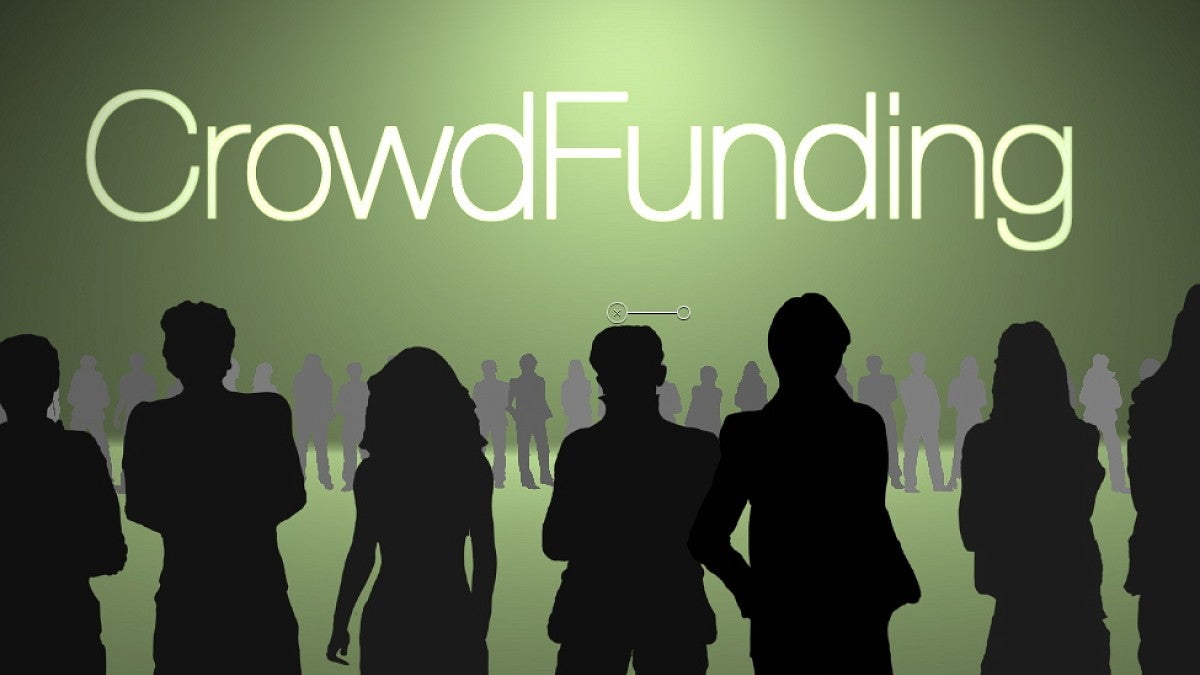Online crowdsourcing has revolutionized the world of fundraising in recent years. From finding investors to seeking donations for a personal medical crisis, sites like Kickstarter and GoFundMe have taken the local collection jar and found a global platform.
Now, the University of Oregon is hoping to fund specific faculty- and student-related projects through this form of micro-philanthropy.
“There has long been a desire to crowdfund for university-related projects,” said Rick Ericson, UO director of annual philanthropy. “But we didn’t have ways to properly receive gifts and acknowledge donors.”
That changed this spring with the Football Coaches PathwayOregon Challenge. Duck football coaches pledged to match up to $250,000 in donations to the PathwayOregon scholarship fund received before the spring game. The Duck Athletic Fund invested in ScaleFunder — a fundraising platform that specializes in higher education — and is sharing the technology with university development.
Starting this fall, annual philanthropy will start accepting funding proposals. Selected projects will go live on the site in January or February.
“We are looking at best practices at other universities and finalizing the criteria,” Ericson said. “Once the proposals come in, we will work with schools and colleges to select the projects that have a good goal and that we can help make successful.”
Each project will include a video, giving another opportunity to tell a story about UO research and student projects.
“Because of the online and social nature of the crowdsourcing platform, we’ll be able to reach out to a new network of people and showcase the remarkable things going on at the university,” Ericson said.
Using this type of technology fits in with the goals for the $2 billion comprehensive fundraising campaign the UO launched last October.
“This campaign marks the beginning of a new era of creativity and discovery at the UO,” said Mike Andreasen, vice president of university advancement. “We are committed to providing ways for faculty and students to innovate and explore. Crowdsourcing specific projects will have a direct impact on the work, opportunities and possibilities for faculty and students.”
More details about the program will be available by the end of the summer.
—By Heidi Hiaasen, Public Affairs Communications


